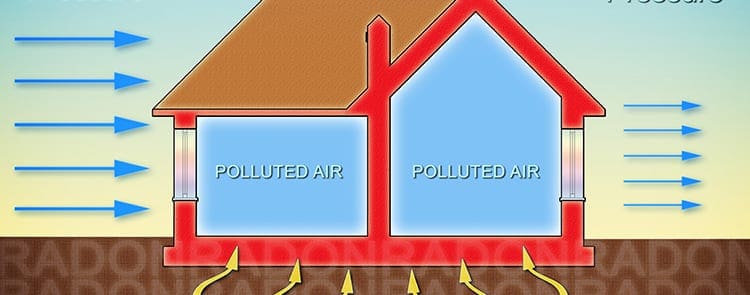Blogs
Geothermal Maintenance Basics
8/25/2016

A geothermal heat pump is the most energy-efficient and environmentally clean air conditioning system available. It works by drawing the latent energy from the ground to both heat and cool your home year-round. There are over one million homes currently running on geothermal, with the numbers increasing substantially every year.
If you own a geothermal system, then you’re already aware that they require little in annual maintenance (as opposed to traditional HVAC systems). Most of the system, consisting of a series of pipes, is buried underground and should last three decades or more.
However, there are a few things that you can (and should) do to ensure that your system runs at maximum efficiency. There are also a few basic maintenance points that a technician will focus on during a scheduled tune-up session. We’ve provided the highlights to showcase how simple the system is to maintain – and to emphasize what owners should already know.
DIY Maintenance
- Change the Air Filter – Just like any central air system, it is important to change (or clean) the air filter according to the owner’s manual. This is one of the easiest procedures that you can do on your own – and one of the most essential. To ensure that your geothermal system enjoys an extended life, keep the air filter clean. If you ignore the filter for too long, dust and dirt can become embedded inside the air coil, hurting the system.
- Condensate Drain – In the warmer months, condensation can form on the coils of a geothermal system (much like an air conditioning unit). This condensation can pick up dirt as it flows, which can eventually build up over time and clog the condensate drain. You should check the drain at least once at the end of summer to make sure that the drain isn’t clogged with dirt.
If you experience any problems with your system, call a technician immediately.
Technician Maintenance
- Checking Coolant – Geothermal systems operate by sending coolant (or a water and coolant mixture) into the ground through a series of pipes, where they exchange heat; regulating your home’s temperature. The pipes of a geothermal system don’t normally require maintenance, but they can develop a leak. A technician will test the lines and coolant levels to make sure that there are no leaks in the system.
- Underground Pipes – If a leak in the system is detected, it will have to be repaired immediately. A leak will compromise the system and could ultimately shorten the life span.
- Coax Heat Exchanger – If you own an open-loop system (sometimes referred to as “pump and dump”), the coax heat exchanger should be cleaned annually with a chemical flush.
The basic takeaway here is that geothermal heat pumps are simple to maintain and require very little upkeep. The advantages of the system are many, but like any comfort appliance, there are both pros and cons in choosing implementation.
Heating and Cooling Des Moines Since 1997
If you have any more questions or concerns about how a geothermal heat pump might work for you, give Service Legends a call today at 515-657-6634. We are experts on geothermal and can assist you with every aspect of installation and service.
515-657-6634Request Appointment Online
Return- January 2024
- October 2023
- September 2023
- August 2023
- January 2023
- December 2022
- November 2022
- October 2022
- September 2022
- August 2022
- July 2022
- June 2022
- May 2022
- April 2022
- March 2022
- February 2022
- January 2022
- May 2021
- November 2020
- October 2020
- September 2020
- July 2020
- June 2020
- May 2020
- March 2020
- February 2020
- December 2019
- November 2019
- September 2019
- May 2019
- April 2019
- January 2019
- December 2018
- November 2018
- October 2018
- July 2018
- October 2016
- September 2016
- August 2016
- July 2016
- June 2016
- May 2016
- April 2016
- March 2016
- February 2016
- January 2016
- December 2015
- November 2015
- October 2015
- September 2015
- August 2015
- July 2015
- June 2015
- May 2015
- April 2015
- March 2015
- February 2015
- January 2015
- December 2014
- November 2014
- October 2014
- September 2014
- August 2014
- July 2014
- May 2014
- March 2014
- February 2014
- January 2014
- December 2013
- November 2013
- October 2013
- September 2013